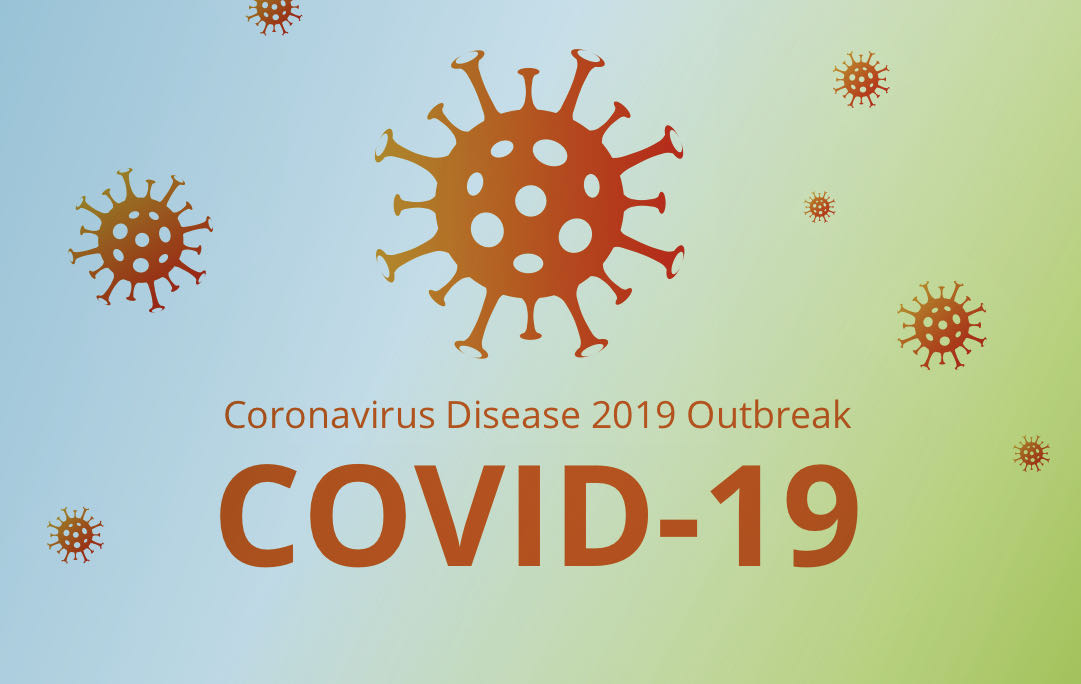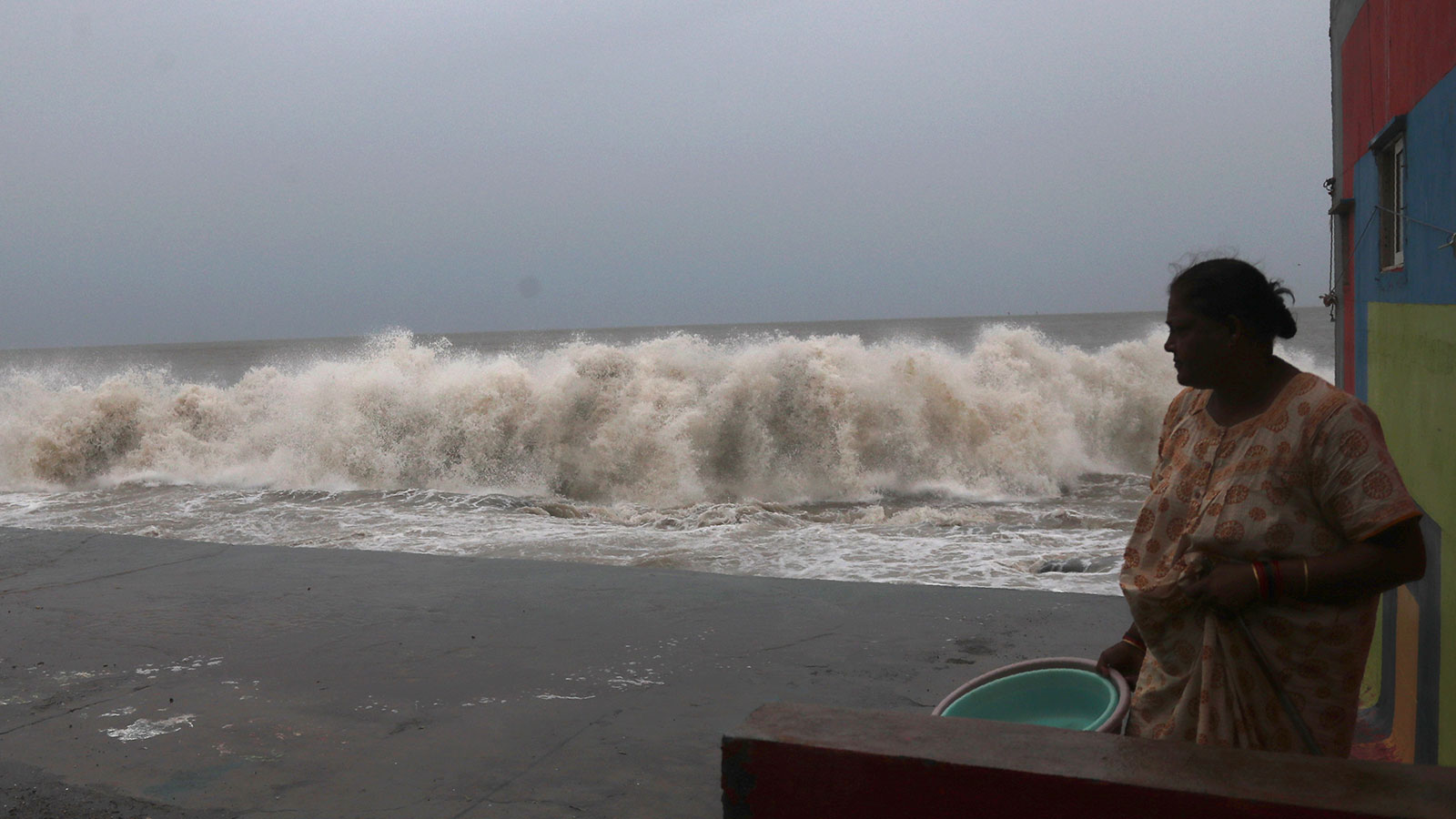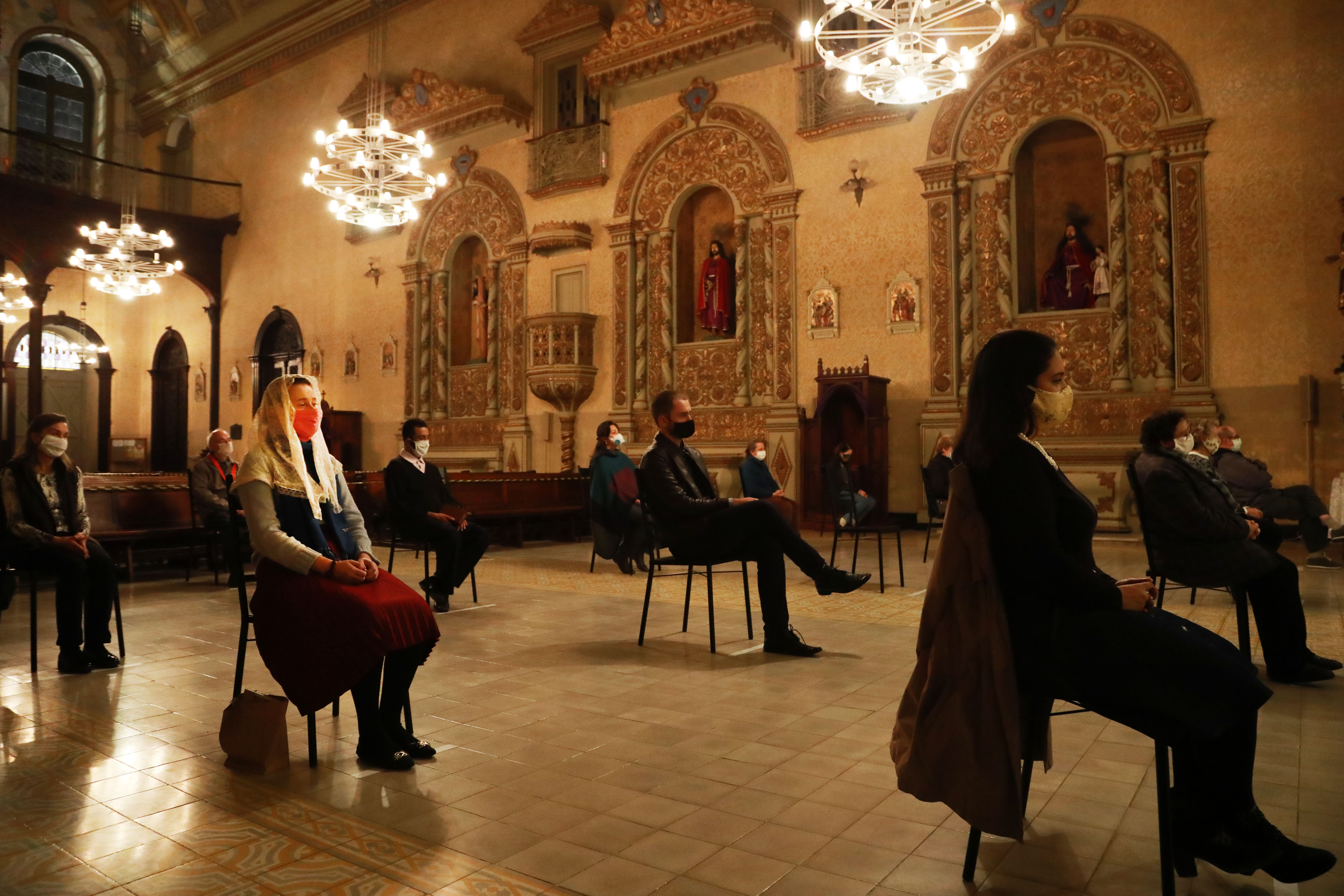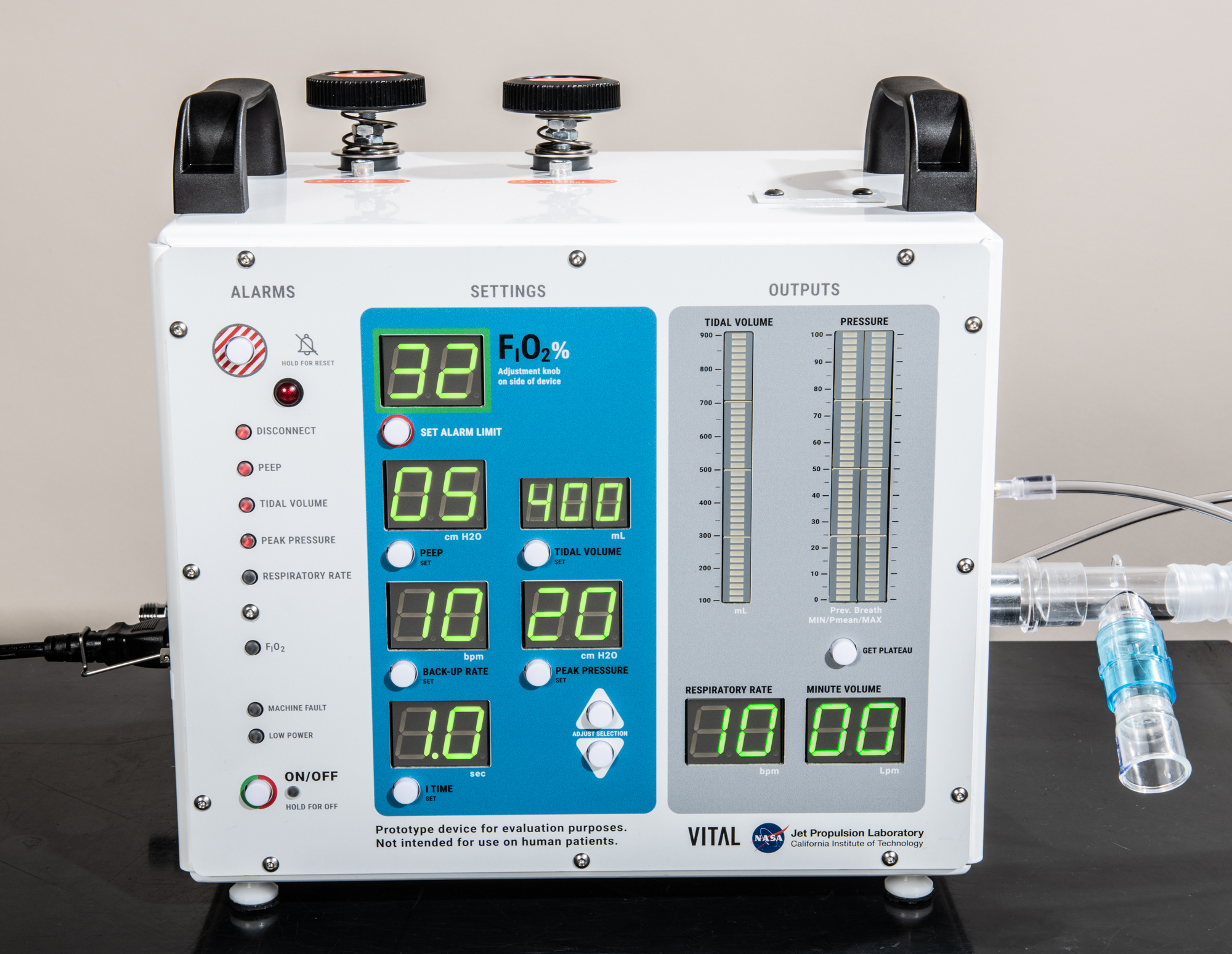
 i_need_contribute
i_need_contribute




|
Country, |
Total |
New |
Total |
|
World |
6,441,282 |
+115,215 |
381,859 |
|
1,881,205 |
+21,882 |
108,059 |
|
|
556,668 |
+27,263 |
31,278 |
|
|
423,741 |
+8,863 |
5,037 |
|
|
287,012 |
+294 |
27,127 |
|
|
277,985 |
+1,653 |
39,369 |
|
|
233,515 |
+318 |
33,530 |
|
|
207,191 |
+8,821 |
5,829 |
|
|
184,091 |
+326 |
8,674 |
|
|
174,884 |
+4,845 |
4,767 |
|
|
165,555 |
+786 |
4,585 |
|
|
157,562 |
+3,117 |
7,942 |
|
|
151,325 |
28,940 |
||
|
108,686 |
+3,527 |
1,188 |
|
|
93,435 |
+2,771 |
10,167 |
|
|
92,410 |
+705 |
7,395 |
|
|
89,011 |
+1,869 |
549 |
|
|
83,021 |
+4 |
4,634 |
|
|
76,398 |
+3,938 |
1,621 |
|
|
60,259 |
+1,826 |
43 |
|
|
58,615 |
+98 |
9,505 |
|
|
52,445 |
+2,911 |
709 |
|
|
46,647 |
+102 |
5,967 |
|
|
44,255 |
+852 |
243 |
|
|
40,414 |
+420 |
3,438 |
|
|
38,589 |
+775 |
4,468 |
|
|
35,836 |
+544 |
24 |
|
|
35,812 |
+1,455 |
755 |
|
|
35,788 |
+596 |
269 |
|
|
32,895 |
+195 |
1,436 |
|
|
31,833 |
+1,340 |
1,009 |
|
|
30,874 |
+3 |
1,920 |
|
|
28,649 |
+887 |
226 |
|
|
27,549 |
+609 |
1,663 |
|
|
27,536 |
+1,152 |
1,052 |
|
|
25,066 |
+4 |
1,658 |
|
|
24,395 |
+230 |
1,092 |
|
|
24,340 |
+328 |
727 |
|
|
19,517 |
+119 |
1,288 |
|
|
18,997 |
+359 |
966 |
|
|
18,319 |
+904 |
569 |
|
|
17,752 |
+180 |
515 |
|
|
17,285 |
+116 |
290 |
|
|
16,930 |
+46 |
894 |
|
|
16,759 |
+26 |
669 |
|
|
16,509 |
+759 |
270 |
|
|
14,095 |
+258 |
352 |
|
|
12,799 |
+576 |
59 |
|
|
12,311 |
+440 |
19 |
|
|
11,734 |
+35 |
580 |
|
|
11,571 |
+263 |
44 |
|
|
11,541 |
+38 |
272 |
|
|
11,454 |
+24 |
245 |
|
|
10,819 |
+241 |
314 |
|
|
10,531 |
+549 |
343 |
|
|
10,009 |
+517 |
158 |
|
|
9,626 |
+113 |
667 |
|
|
9,364 |
+62 |
323 |
|
|
8,548 |
+188 |
307 |
|
|
8,455 |
+9 |
237 |
|
|
8,297 |
+227 |
38 |
Source:https://www.worldometers.info/coronavirus/
As the United States begins what is expected to be a slow climb out of lockdowns, economists and researchers are questioning whether the government’s response to help companies will prove sufficient in the longer run.
Highly indebted public companies that employ millions of people are largely excluded from direct relief options that Congress, the Federal Reserve and the Treasury have designed to help companies through the pandemic downturn, an analysis from a group of Harvard University economists found.
Policymakers have prioritized getting help to businesses that entered the crisis in good health. That lowers the chances that taxpayers will foot the bill to save big companies that had loaded up on risky debt, and it could help officials to deflect the kind of angry criticism that surrounded 2008 bank and auto company bailouts.
But it also leaves a large slice of U.S. companies fending for themselves in the sharpest downturn since the Great Depression, leaving them at greater risk of bankruptcy — and their workers at greater risk of job loss.
Publicly traded firms that employ about 8.1 million people — about 26 percent of all employment at tracked publicly traded companies — are all or mostly left out of direct government relief, according to research by Samuel Hanson, Jeremy Stein and Adi Sunderam of Harvard, along with Eric Zwick at the University of Chicago.
Some of the firms that government programs miss — like the Gap, Dell Technologies and Kraft Heinz — are household names with huge workforces. If such companies were to run into problems accessing cash, it could precipitate job cuts, the researchers said.
“We’re trying to flatten the bankruptcy curve, or flatten the financial distress curve,” said Mr. Hanson, who refined the analysis for The New York Times. If a large number of companies go out of business, “it’s likely to be very costly and leave permanent scarring to our productive capacity.”

A volunteer helped a voter in Philadelphia as polls opened on Tuesday.Credit...Mark Makela for The New York Times
Mr. Trump has relentlessly attacked mail voting, falsely calling it a free-for-all for cheating and a Democratic scheme to rig elections.
But as eight states and the District of Columbia vote on Tuesday in the biggest Election Day since the virus forced a pause in the primary calendar, it is clear that Mr. Trump’s message has sunk in deeply with Republicans, who have shunned mail ballots.
An unintended result of the president’s fear-mongering about mail ballots could hurt his party’s chances, and his own, Trip Gabriel reports.
In Indiana, Iowa, New Mexico and Pennsylvania — all states that are voting on Tuesday that broadly extended the option to vote by mail this year — a higher share of Democrats than Republicans have embraced mail-in ballots.
“If the Republicans aren’t playing the same game, if we’re saying we don’t believe in mail-in voting and are not going to advocate it,” said Lee Snover, the Republican chair of Northampton County in Pennsylvania, “we could be way behind.”

Credit...Google Earth by The New York Times
Singing pirates and spinning teacups. Mickey Mouse-shaped waffles. Impossibly chipper employees chirping, “Have a magical day.” Pre-eminent sports venue?
Few people would immediately associate Walt Disney World with athletics. But tucked behind oak trees and sabal palms on the edge of the Florida mega-resort is ESPN Wide World of Sports, a 220-acre athletic complex.
The N.B.A. has been in negotiations with Disney to restart its season by holding games and practices at the complex, turning it into the capital of the basketball universe. Players, coaches and staff members would also stay at Disney World, where Disney owns 18 hotels, ostensibly providing a protective bubble from the virus.
M.L.S. has also been talking to Disney about return-to-play scenarios, but haggling within the league over timing and pay has created speed bumps.
Starting Tuesday, most New York City residents will be required not only to stay at home because of restrictions related to the pandemic, they will also be under a nightly curfew from 8 p.m. until 5 a.m. through Sunday.
Mayor Bill de Blasio issued an emergency executive order after looting in the city’s central business district on Monday night.
The order cites both the threat of the virus and the citywide demonstrations against police brutality, noting that “violent acts have been happening primarily during the hours of darkness.”
Those exempt from the curfew include police officers, firefighters, emergency medical workers, homeless people, anyone seeking medical treatment or supplies, and people who do essential work such as food delivery, transit and health care. For others, it is OK to take a pet outside briefly to relieve itself, but food runs to the bodega or walks around the block are prohibited.
Additionally, car travel in Manhattan will be banned below 96th Street during curfew hours, except for local residents, essential workers, buses and truck deliveries.

In Barcelona, Spain, on Monday. The country began easing one of the world’s strictest lockdowns in mid-May.Credit...Emilio Morenatti/Associated Press
Spain did not announce any new Covid-19 deaths on Monday or Tuesday, a first since the start of the outbreak. The news came with a caveat, however: How to tally deaths has been a topic of heated debate in Spain, and several regional governments did include new deaths in their own counts.

Spectators at the U.S. Open at Arthur Ashe stadium in Queens last year.Credit...Karsten Moran for The New York Times
In an unusual attempt to save two of the top events in American tennis during the pandemic, the United States Tennis Association has proposed staging a doubleheader in New York.
The move, under consideration by the men’s and women’s tours, could allow foreign players to remain in one place for the duration of their stay in the United States and establish a safer bubble for competitors similar to proposals by the N.B.A. and other sports leagues.
The proposal would move the Western & Southern Open, a combined men’s and women’s event near Cincinnati, to the U.S.T.A. Billie Jean King National Tennis Center in New York. But it would keep its general window on the calendar, leading into the U.S. Open, which would be held at the same venue. The Western & Southern Open is currently scheduled for Aug. 17 to 23 while the main draw of the U.S. Open is slated for Aug. 31 to Sept. 13. Spectators would likely be barred.
It is far from certain that either tournament can be played this year, but the maneuver is designed to help draw the needed support of government and public health officials. It is also unclear, especially given quarantine guidelines, whether enough players would be prepared to travel to New York, one of the disease’s epicenters.

The concept of a drive-in disco has proved popular in the parking lot of a club on the Dutch-German border.Credit...Laetitia Vancon for The New York Times
Beyond cinema, the drive-in format never really found a place within live-event culture. But amid a pandemic, its time has perhaps come.
Across Europe, pastors have set up drive-in churches, and promoters have set up drive-in concerts and drive-in plays. In an era of social distancing, it turns out there are few better distancing devices than a car door.
Few have embraced this concept like the owners of Index, a family-run nightclub in Schüttorf, a small German town just east of the Dutch border, where Dopebwoy, a Dutch rapper, played last Friday.
Index has been one of the pioneers of the lockdown drive-in, holding a drive-in disco every weekend since early May. Revelers arrive at the club in their cars, park in the adjacent parking lot and then stay behind their wheels to watch performances from singers and D.J.s.
The events have proved surprisingly popular, despite lacking most of the physical experiences generally deemed essential to a successful club night. It’s a good thing, too, because nightclubs like Index are not expecting to reopen their dance floors until 2021.
“This feels like Saturday again!” said Ronan Zwaagstra, a 19-year-old student attending Dopebwoy’s show in his hatchback.
Then he paused.
“But without the drinking.”
Another pause.
“Or the dancing.”
But he likes the drive-in club experience so much that he drives nearly 60 miles to attend, and crosses a national border in the process. (Travel between the Netherlands and Germany has been less tightly regulated than other European borders during the pandemic.)
Can people still flirt in a disco without a dance floor?
“Yes,” said Jenny Kollak, 24, a bank manager. “Oh yes.”
People write their numbers on balloons and hold them up to people in nearby cars.
Or, said Ms. Kollak: “We scream at them. They scream at us.”
From CNN's Simon Cullen in London

Samples are taken at a coronavirus testing facility as NHS Test and Trace is rolled out across England. Danny Lawson/PA Images/Getty Images
“Thousands” of people are being successfully traced as part of the UK government’s coronavirus response, junior health minister Edward Argar told Sky News on Wednesday, although he was unable to provide specific numbers.
The test and trace system launched on May 28.
“We are into the thousands being successfully traced at the moment,” Argar told Sky News.
“I don’t have the precise figures, because as you’d expect we’re working with the UK statistics authority to agree the process to make sure they accept it’s reliable.
“There’s a bit more work to do on that.”
From CNN's Angus Watson in Sydney
Australian Federal Treasurer Josh Frydenberg speaks to the media during a news conference at Parliament House in Canberra on June 3. Lukas Coch/AAP Image/Reuters
Australia is entering its first recession in nearly three decades, largely due to the economic impact of the Covid-19 pandemic, Treasurer Josh Frydenberg said on Wednesday.
The nation's economy contracted 0.3% in the first three months of this year, according to the Australian Bureau of Statistics. Frydenberg said he expected figures for the second quarter of 2020 to be worse.
When asked at a news conference on Wednesday whether Australia is in recession, Frydenberg replied: "Yes and that is on the basis of the advice that I have from the Treasury Department about where the June quarter is expected to be."
Experts say Australia was able to weather other serious global financial crises thanks to a combination of steady population growth, a rise in exports and the increasing importance of its service economy.
Frydenberg acknowledged the Covid-19 shutdown as the end of a 29-year run of economic growth in Australia, but praised his government's economic stimulus measures. "We have avoided the economic fate, and the health fate, of other nations because of the measures," he said.
From Rishabh Madhavendra Pratap in New Delhi

A woman watches waves splash on shores of the Arabian Sea in Mumbai, India on June 3. Rafiq Maqbool/AP
A cyclone is expected to make landfall near Alibag in the Indian state of Maharashtra -- a region already reeling from the impact of coronavirus -- on Wednesday afternoon, according to the India Meteorological Department.
Maharashtra has been hit harder by Covid-19 than any other state in India. A total of 72,300 cases and 2,465 virus-related deaths have been reported there, and the storm poses a fresh challenge to authorities attempting to enforce social distancing rules.
The department said that Cyclone Nisarga will cross north Maharashtra, including the city of Mumbai -- home to more than 18 million people -- and the adjoining state of Gujarat's coast in western India.
The eye of the storm is about 65 km (40 miles) in diameter as observed through radar, and the wind speed was 90 to 100 kph (56 to 62 mph), gusting to 110 kph (68 mph), on Wednesday morning local time, according to the department.
More than 60,000 people from Maharashtra’s coastal districts, including Mumbai, and over 50,000 people living in low-lying areas along the coast of southern Gujarat have been evacuated, according to authorities.
India's National Disaster Response Force has deployed 20 teams in Maharashtra, 16 teams in Gujarat and two teams in the Union Territory of Daman and Diu.
At least 90 people were killed and thousands more left homeless after Cyclone Amphan slammed into coastal towns and cities in India and Bangladesh last month. Amphan was the most powerful cyclone ever recorded in the Bay of Bengal, but it weakened before making landfall.
From CNN's Sarah Moon

USC moved all its courses online as the coronavirus pandemic spread throughout the United States. Frederic J. Brown/AFP/Getty Images
The University of Southern California plans to resume in-person classes for the fall semester starting August, USC President Carol Folt said in a letter to students on Tuesday.
Folt said that starting the week of August 10, orientation for incoming students will be conducted online. Small, in-person events will be held if possible.
“While we still have many details to work out, we are planning for an in-person fall semester for students beginning on August 17, 2020, a week earlier than originally scheduled,” she said.
Folt said the plans, however, are "contingent on several factors, including the continued spread of COVID-19, and the health orders from state and local authorities.”
The university is planning to mandate that anyone on campus and in a classroom wear face coverings and practice physical distancing. Every in-person class for undergraduate students will also be offered online, the letter said. Classrooms and offices are being reconfigured to meet physical distancing requirements.
According to the letter, all classes, including final exams, will end by Thanksgiving to minimize the spread of the coronavirus as flu season starts. There will be no fall break.
From CNN's Jake Kwon and John Bonifield
South Korea has approved imports of the antivirus drug remdesivir, the country’s Ministry of Food and Drug Safety said in a news release on Wednesday.
Authorities said the decision was made because the drug had meaningfully shortened the treatment period for severe cases of Covid-19 in the United States, Japan and United Kingdom during the pandemic.
Remdesivir has helped speed up recovery in moderately ill patients with pneumonia from Covid-19, drugmaker Gilead Sciences said Monday. Remdesivir is approved to treat Covid-19 in Japan, but is considered an investigational treatment for Covid-19 elsewhere in the world, Gilead said in a statement.
South Korea’s Ministry of Food and Drug Safety and its Centers for Disease Control and Prevention (KCDC) will negotiate with drug importer Gilead Science Korea to import the drug as soon as possible, the release said.
From CNN's Matt Rivers, Natalie Gallón, Rodrigo Pedroso and Zamira Rahim

People attend a mass at the Nossa Senhora das Dores Church in Porto Alegre, in southern Brazil, after the city eased measures taken to curb the spread of the coronavirus pandemic on May 29. Silvio Avila/AFP/Getty Images
Some Latin America nations are partially reopening this week, despite still recording thousands of coronavirus deaths and infections.
In Brazil: Non-essential businesses were allowed to reopen Tuesday in the huge coastal city of Rio de Janeiro.
Churches, car shops and furniture and decoration stores were all permitted to open, while people are now allowed to exercise along the city's famous promenade and swim in the ocean. The easing of restrictions marks the beginning of six phases of reopening planned by officials.
Brazil has the second highest number of Covid-19 cases globally, having recorded more than 555,000 instances of the disease. Cases across the country multiplied by five across the month of May, according to Brazil's health ministry.
In Mexico: Several sectors of the economy reopened on Monday, including the mining, construction and tourist industries.
Mexico's newly reported cases and deaths continue to rise. The country recorded at least 3,891 new Covid-19 patients on Tuesday -- the highest number of cases identified in a single day since the pandemic began.
The country has recorded more than 97,000 cases of the disease, yet officials have pushed ahead with easing the lockdown with a plan dubbed the "new normal."
From CNN's Jen Christensen

VITAL is a new high-pressure ventilator developed by NASA and tailored to treat coronavirus patients. NASA/JPL-Caltech
NASA and Fitbit received approval from the US Food and Drug Administration on Tuesday for their ventilators designed to help Covid-19 patients.
NASA’s design, dubbed the VITAL (Ventilator Intervention Technology Accessible Locally), is a temporary piece of equipment that uses an internal compressor and is meant to last three to four months.
Because the VITAL runs on parts that are not typically in the medical device supply chain it shouldn’t have any impact on need for supplies for current ventilators.
The FDA also added the Fitbit Flow to its list of authorized ventilators. The device, which has quietly been in the works for some time, is a continuous respiratory support system that also includes an FDA-approved manual resuscitator as part of the machine.
The company calls it a “a high-quality, easy-to-use, and low-cost automatic resuscitator that is designed for emergency ventilation.”
“COVID-19 has challenged all of us to push the boundaries of innovation and creativity, and use everything at our disposal to more rapidly develop products that support patients and the healthcare systems caring for them,” said Fitbit CEO James Park.
“We saw an opportunity to rally our expertise in advanced sensor development, manufacturing, and our global supply chain to address the critical and ongoing need for emergency ventilators and help make a difference in the fight against this global virus.”
Source:https://edition.cnn.com/world/live-news/coronavirus-pandemic-06-03-20-intl/index.html
Known deaths in the coronavirus pandemic passed 380,000 on Wednesday, with Johns Hopkins University figures showing the toll currently standing at 380,250. Confirmed infections are nearing 3.4 million, with 6,378,239 so dar.
Brazil deaths passed 30,000. A record 1,262 Covid-19 deaths have been recorded in Brazil today - taking the country’s total death toll to 31,199 - but the president continues to downplay the pandemic. The figures were announced on Tuesday evening by Brazil’s health ministry, which also said the number of coronavirus cases had risen to 555,383, second only to the United States. The South American country is now on the verge of overtaking Italy, where 33,530 deaths have been recorded, as the country with the third highest number of deaths.
Australia’s economy is in recession. Australian treasurer, Josh Frydenberg, has confirmed Australia is now in a recession as the economy reels from the coronavirus pandemic. His confirmation came after the Australian Bureau of Statistics reported the economy shrank by 0.3% in the March quarter, on the back of the bushfires, drought and coronavirus pandemic. Asked whether the country was now in recession, he said: “Well, the answer to that is ‘yes’. And that is on the basis of the advice that I have from the Treasury department about where the June quarter is expected to be.”
New Zealand saw its 12th consecutive day with no new cases. New Zealand has reported a 12th straight day of no new cases of Covid-19, as the government considers abandoning as early as next week all remaining restrictions on the country except stringent border controls. Just one person in New Zealand is still recovering from the illness, health officials said on Wednesday. They are not in hospital. There have been fewer than 1,500 confirmed cases of the virus in the country, with 22 deaths.
French anti-racism protesters defied a coronavirus gathering ban. Clashes broke out between police and protesters in Paris on Tuesday after around 20,000 people defied a ban to rally over the 2016 death of a black man in police custody, galvanised by US demonstrations against racism and deadly police violence.
China’s service sector is bouncing back. China’s huge service sector has bounced back to growth for the first time since January in a sign that the world’s second largest economy is recovering strongly from strict coronavirus-induced containment measures. Although employment and overseas demand remains weak in the economy, the Caixin/Markit services purchasing managers’ index rose to 55.0 in May from 44.4 in April, hitting the highest level since late 2010. The 50-mark separates growth from contraction on a monthly basis.
Yemen aid funding falls short by US$1bn. Yemen remains on the brink of “a macabre tragedy”, the UN has warned after a humanitarian fundraising summit raised only $1.35bn for this year, around $1bn short of the target and only half the sum raised at the equivalent pledging conference last year. Dr Abdullah al-Rabiah, the head of the King Salman Centre for Relief and Humanitarian Aid in Saudi Arabia, which co-hosted the virtual summit, put the overall shortfall down to the impact of coronavirus on national budgets and concerns about the restrictions on aid flows imposed by the parties to Yemen’s five-year civil war.
Hopes were raised of the possible availability of a vaccine. A senior US army researcher said it was reasonable to expect that some sort of vaccine could be available to some parts of the US population by the end of the year.
France’s death toll rose by more than a 100 in a 24-hour period for the first time in 13 days. It came as the country enacts a new easing of lockdown measures.
Iran confirmed its second highest number of new cases in a 24-hour period since its outbreak began, with the health ministry saying 3,117 people tested positive. The number of new daily infections in Iran has now returned to levels previously seen at the peak of its outbreak in late March.
Germany’s travel warning for Europe will be lifted on Wednesday, its foreign minister, Heiko Maas, announced. The worldwide travel warning still applies. But, for the countries of the EU and associated states, the warning will be replaced by travel advice that will give travellers detailed information about the situation in each state.
The UK’s official death toll passed 50,000, according to the latest figures from the Office for National Statistics. The total differs from the government’s daily counts, which only include deaths in hospitals and care homes where the person had tested positive.
The UK statistics watchdog criticised the government’s testing data. Whitehall’s use of testing data appears to be aimed more at making it look like a lot is being done than actually painting a clear picture, the chairman of the UK Statistics Authority warned the health secretary, Matt Hancock.
A Wuhan doctor who worked with the whistleblower Li Wenliang died of the virus last week, Chinese state media reported. Hu Weifeng, a urologist at Wuhan central hospital, reportedly became China’s first Covid-19 fatality in weeks when he died on Friday after being treated for more than four months.